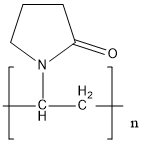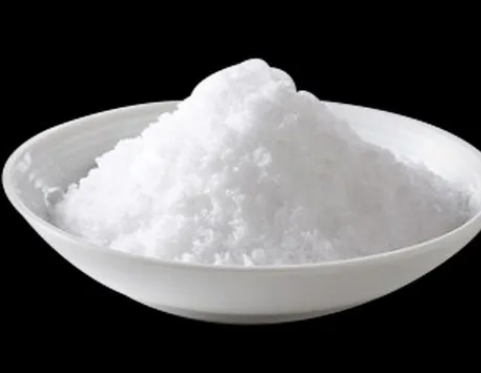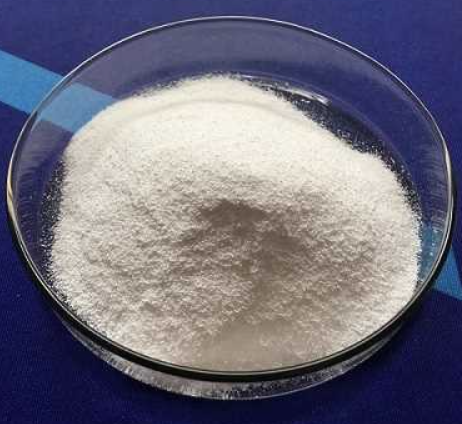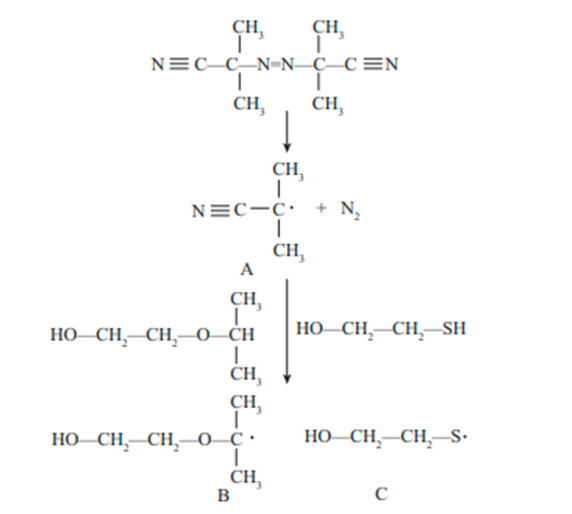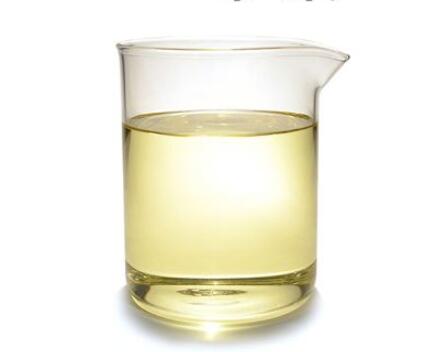Toxity of Polyvinylpyrrolidone (PVP)
Polyvinylpyrrolidone (PVP) is a polymer of vinylpyrrolidone that was notably used as a plasma expander during wartime and until recently in various intravenous (IV) preparations in Asia and marketed undervarious names (e.g., Plasgen, Periston, Plasmagel, Biseko, Blutogen, Subplasm). Because of its hydroscopic properties, PVP has also been used as a retardant in various injectable medicines (hormones, antihypertensives, local anesthetics), as a clarifier in fruit juices, and as a resin in hair sprays.
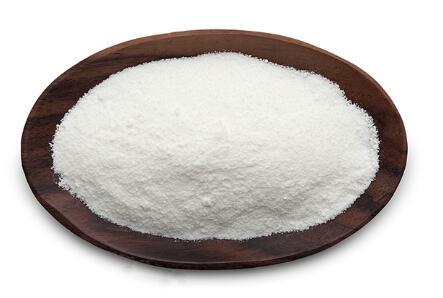
The molecular weight of PVP varies depending on its chain length (10,000–200,000 Da). Low-molecular-weight PVP is filtered by the glomerulus and cleared by the kidney, whereas high molecular-weight PVP (≥50,000 Da) is retained indefinitely by the body and is stored throughout the reticuloendothelial system. The common appearance of PVP disease after IV injection of the substance is that of blue-gray histiocytes lining the sinusoids of the liver, spleen, and lymph nodes. A second form of PVP disease presumably occurs after inhalation of the substance from hair spray. The alveolar walls are thickened, and macrophages fill the alveolar spaces. An uncommon form of PVP disease is a localized pseudotumor, presumably caused by local injection of the material.
Toxity
Polyvinylpyrrolidone did not irritate or induce sensitization when applied to the skin of volunteers, and was not irritant to the eyes of rabbits. It was of low acute toxicity when administered by the intravenous route in humans or by the oral and intravenous routes in various species of laboratory animals. In man, injections have resulted in PVP deposits in various tissues (particularly in the reticulo-endothelial system) and structural changes in some instances.
Repeated oral administration in rabbits, dogs and rats has been associated with deposits and effects in a number of tissues including the liver and lymph nodes. There was no evidence of carcinogenicity in limited studies in rats treated by the oral route, but there were some signs of an association between tumour development and PVP injection in rodents. No genotoxic activity was seen in a range of screening assays including the Ames bacterial test and rodent injection studies.
Related articles And Qustion
See also
Lastest Price from Polyvinylpyrrolidone manufacturers

US $10.00-8.00/kg2025-07-18
- CAS:
- 9003-39-8
- Min. Order:
- 500kg
- Purity:
- 95-99%
- Supply Ability:
- 20 tons

US $22.00-5.00/kg2025-06-25
- CAS:
- 9003-39-8
- Min. Order:
- 1kg
- Purity:
- 99%
- Supply Ability:
- 10000kg
